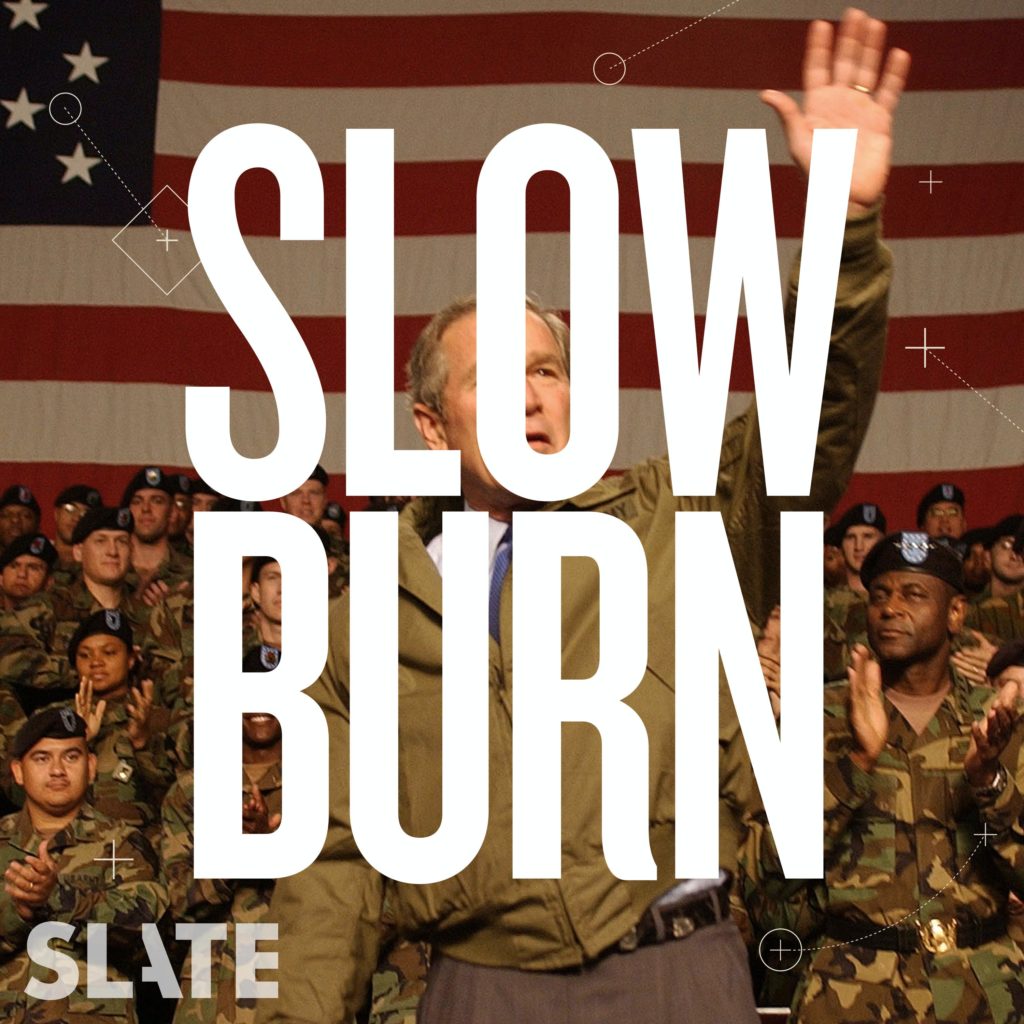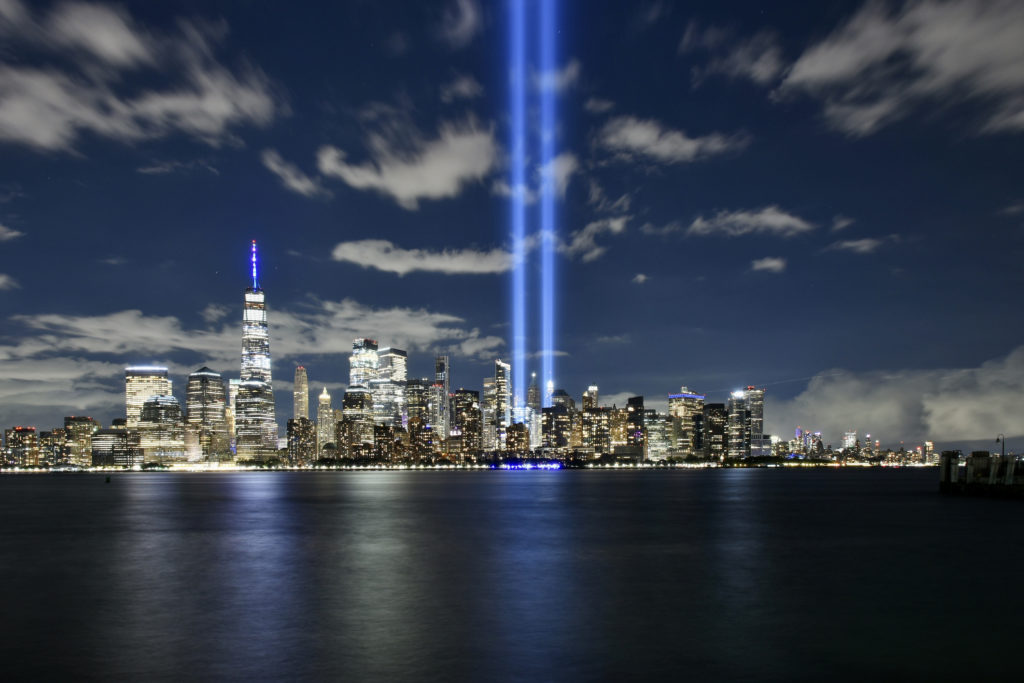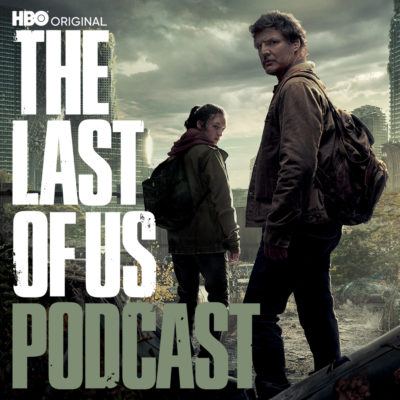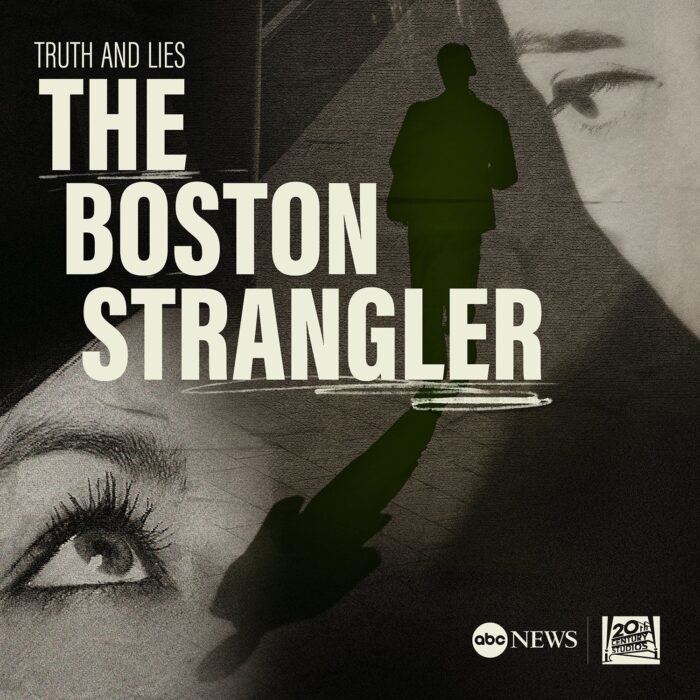Season 5 of ‘Slow Burn’ investigates the Iraq War

Slate Podcasts’ “Slow Burn” is a history podcast hosted this season by reporter Noreen Malone. Each season has delved into a different topic from American history. Now in its fifth season, “Slow Burn” is taking listeners back to the Iraq War’s start.
America invaded Iraq in 2003, a year and a half after 9/11. At first, we saw many politicians and civilians supporting the war. Over time, the general opinion shifted, and the war is now considered a disaster and tragedy. “Slow Burn” contemplates why the United States decided to start a war, what went wrong, and if anything could have been done to prevent it. Who is at fault?
In this season, Noreen interviews journalist Ann Curry on 9/11, Iraq, and Anthrax threats after the terrorist attacks. Listeners will learn about Ahmad Chalabi’s exile and return to Baghdad and the intelligence Bush’s administration relied upon. Journalist Judith Miller appears in episode seven to explore how the media failed in its war coverage. We’ll also hear from the CIA officer who raised flags and President Bush’s nonexistent post-war plan.
The first season recounted President Nixon’s Watergate scandal over eight episodes and was hosted by former Slate staffer and current podcaster, Leon Neyfakh. Season two recapped Bill Clinton and Monica Lewinsky’s affair that scorched the White House, leading to President Clinton’s Impeachment. On the third season, listeners heard about rappers Tupac Shakur and The Notorious B.I.G in the 1990s. In the 1980s and 1990s, Louisiana political leader David Duke fell just as quickly as he rose, and his infamous story is unpacked for season four.
Trey Wingo chatted with Podsauce’s Alesha and Dax about his favorite podcasts, and “Slow Burn” topped his list since he’s a history buff and enjoys the art of storytelling. Trey is more interested in reality than fiction. Trey enjoys hearing about historical topics he’s familiar with and viewing the subjects in a new light. He cites President Clinton’s Impeachment Trial as a historical example of how we can process events differently in our modern era.







